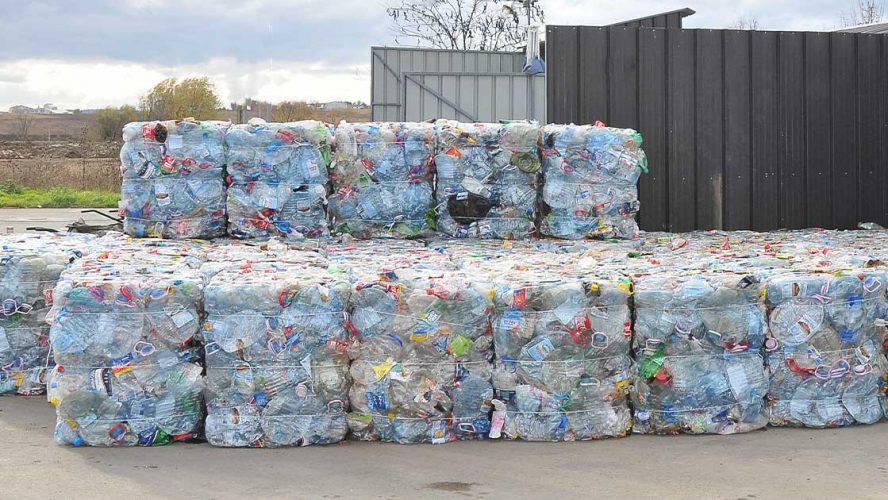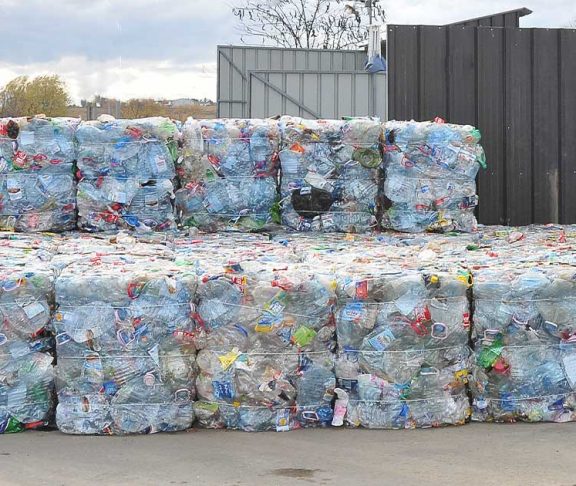
John D. Coyne
Vice President – External Affairs & Sustainability, Unilever Canada & Executive Chair, Canadian Stewardship Services Alliance (CSSA)
Many Canadians applauded the federal government’s June announcement to ban single-use plastics by 2021. While the proposed ban is widely seen as a positive step forward, it can only, by its very nature, be a small part of the solution.
To be clear, we don’t just have a plastics problem per se, we have a plastic waste problem. Plastic is an infinitely useful and versatile material, which is why it’s common in so many aspects of our daily life. The problem is not the plastic itself but the inefficient and ineffectual manner in which it’s managed that allows so much of it to leak into the environment. It’s easy to blame producers of single-use plastics and convince ourselves that a ban on plastic straws or cutlery will solve the plastic waste problem — but that’s not the case.
In fact, the solution lies in the largely-overlooked second part of the federal government’s announcement, wherein it committed to work with the provinces to introduce standards and targets for companies that manufacture plastic products or sell items with plastic packaging so that they’ll become responsible for the plastic waste. In making businesses responsible, the federal government is advocating for a harmonized approach for extended producer responsibility or EPR.
It’s estimated that each year, 95% of the value of plastics is lost to the economy when plastic ends up as litter or in landfills instead of being recycled.
What exactly is EPR?
EPR, also known as full producer responsibility, is a system whereby the companies that sell plastics and other types of packaging to consumers are fully responsible for its collection and recycling. Right now, in most parts of the country this responsibility lies either with local governments or is a shared responsibility between local governments and businesses. EPR shifts this responsibility and the associated costs entirely over to businesses, allowing them to implement province-wide, standardized recycling programs.
Under EPR, all residents can recycle the same materials, eliminating much of the confusion about what does and doesn’t go in the recycling bin or bag. With businesses overseeing and paying for the system, they have a good incentive to design packaging and products for reduced environmental impact, stimulate investments to improve recycling systems, and develop local end markets. A full producer responsibility program for packaging and paper products is currently in place in British Columbia, and the Ontario government recently committed to transitioning the operation and funding of its Blue Box Program to industry, in part due to consumer demand for effective action on plastics.
It’s easy to understand why plastics are much-maligned due to the way they litter our communities and fill our oceans. But they also represent an economic and environmental opportunity that’s currently not being realized. In fact, it’s estimated that each year, 95% of the value of plastics is lost to the economy when plastic ends up as litter or in landfills instead of being recycled. However, when this material is collected and repurposed into new items, it reduces manufacturers’ reliance on virgin plastics while also reducing their carbon footprint. Given that global plastic production will account for 17% of the world’s carbon budget by 2050, it’s essential that we address our relationship with plastic, and the systemic problem that leads to huge environmental damage and economic losses.
Many Canadian companies welcome the federal government’s commitment to support a national EPR framework. These businesses are willing to invest in a circular, waste-free system for the management of plastics and other packaging across Canada. National EPR will create scale and efficiency and drive increased recycling rates. While bans might capture the public’s attention and help address the plastics issue, we should recognize that full producer responsibility is the real systemic shift needed to create a long-term solution to our plastics pollution crisis.



